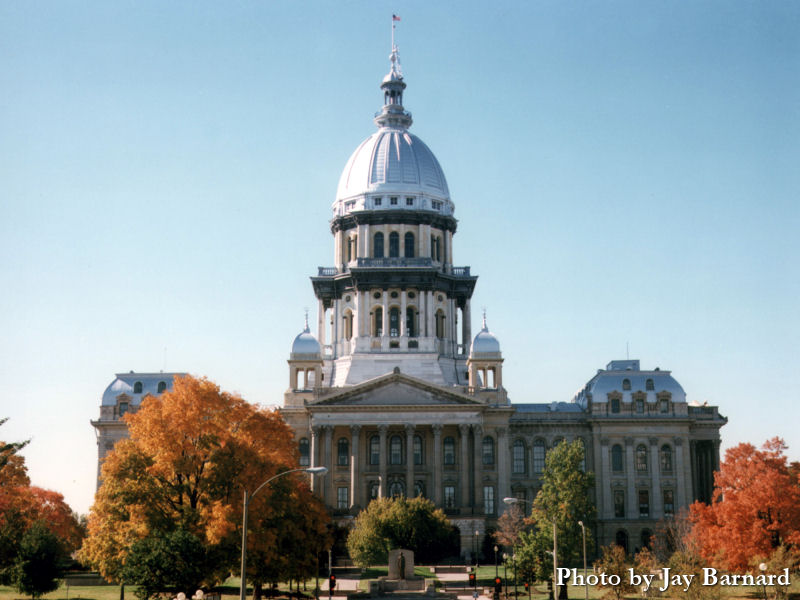via Advocate, by op-ed contributor Michelle Kristel

"Last week, I bought the gun. Yesterday, I wrote the note. Last night, I happened to catch your show on TV and, just knowing that someday I might be able to go back into a church with my head held high, I threw the gun into the river.
My mom never has to know." So read the email that a gay Iowa teenager sent to Daniel Karslake, a producer here at In The Life Media (ITLM) in 1998.
As the executive director of ITLM — which produces the award-winning newsmagazine, IN THE LIFE — I know that media depicting LGBT people has the power to change lives. It can also, as in this case, even save them.
As ITLM celebrates its 20th anniversary, we reflect upon how far we’ve come — and how far we still have to go for LGBT people to achieve full equality.
We take pride in knowing that, through our unique programming, ITLM has become so much more than a TV show.
Twenty years ago, a group of individuals had a vision: to create a television program featuring LGBT voices and culture. In the days before Ellen or Will & Grace, let alone Glee, it was all but impossible to find respectful depictions of LGBT characters on television.
Real LGBT people were relegated to the spectacle of daytime talk shows. Many of the issues important to our community were not covered by mainstream media in any substantive manner.
Today of course, LGBT visibility in media is commonplace. While this has led to greater acceptance for our community, visibility alone does not equate to social justice.
Discrimination is still prevalent. Countless instances of antigay legislation, policies and behaviors take place throughout this country every day, often with little notice by the general populace.
However, in LGBT communities, the damage of these discriminatory actions is acutely felt.
ITLM has always recognized the imperative of truly educating the public about who we are as LGBT individuals and the very real way issues, ranging from HIV/AIDS to marriage equality to homelessness, affect our community. To us, this is crucial to securing civil rights.
Our programming consistently exposes injustice, challenges perceptions and shatters stereotypes. Here, in fact, “stereotypes crumble before your very eyes,” according to TheNew York Times.
For instance, our media is being shown at universities to fight homophobia on campuses around the country. Recently, our work has been used to inform Congress, the U.S. Department of Education, UNAIDS, ACLU, Anti-Defamation League, and scores of LGBT and allied groups, many of whom cannot afford to create these materials on their own.
Our programming not only has political implications, however. It also improves lives in very direct and personal ways. Case in point, we recently produced a Spanish-language Web video for our “Marriage Matters” series profiling Cristina, an American citizen, and her partner Monica, who is from Argentina.
The couple married legally in their home state but, because of the Defense of Marriage Act, Monica faced deportation, since the immigration protections provided for heterosexual couples do not apply to same-sex couples.
With the help of our video, Monica and Cristina won their legal battle and had deportation proceedings against them closed by New York’s chief immigration counsel. This is a first for same-sex married couples.
That is one example of how ITLM is moving to the forefront of video journalism. By developing model approaches to Web-based content, we are leveraging the power of online communications to propelchange for the LGBT movement.
Our provocative, short-form videos created expressly for the Web address issues still ignored by the mainstream, while utilizing the unique functionality, versatility and reach of the Internet.
Another example is “Injustice at Every Turn,” our Web-exclusive video based on a report of the same name examining discrimination against transgender people.
Our exposé gave viewers a different perspective than did most media covering the survey, and illuminated a difficult topic in ways that have a real and profound impact on our community.
I am proud to note that this video was used to inform the U.S. Department of Labor about anti-transgender discrimination in the workplace.
Similarly, one of our most recent Web-exclusives, “A Day in Our Shoes,” told the stories of LGBT homeless youth forced to sleep on the streets after having been tossed out by rejecting parents, grandparents and other family members.
The media was used as part of the Campaign for Youth Shelter, which calls on New York City and State to provide increased funding for shelter beds.
The movement has made great strides in the past decade. But the need for media that educates and informs the public about LGBT Americans is as urgent as ever.
We all know that media drives public opinion and ITLM proudly provides a counterpoint to the multi-billion dollar, antigay media machine that LGBT foes have spent decades building.
Read the rest
 You may recall that last month Gov. Chris Christie (R-N.J.) and I sparred over same-sex marriage on “Morning Joe.”
You may recall that last month Gov. Chris Christie (R-N.J.) and I sparred over same-sex marriage on “Morning Joe.” 






















